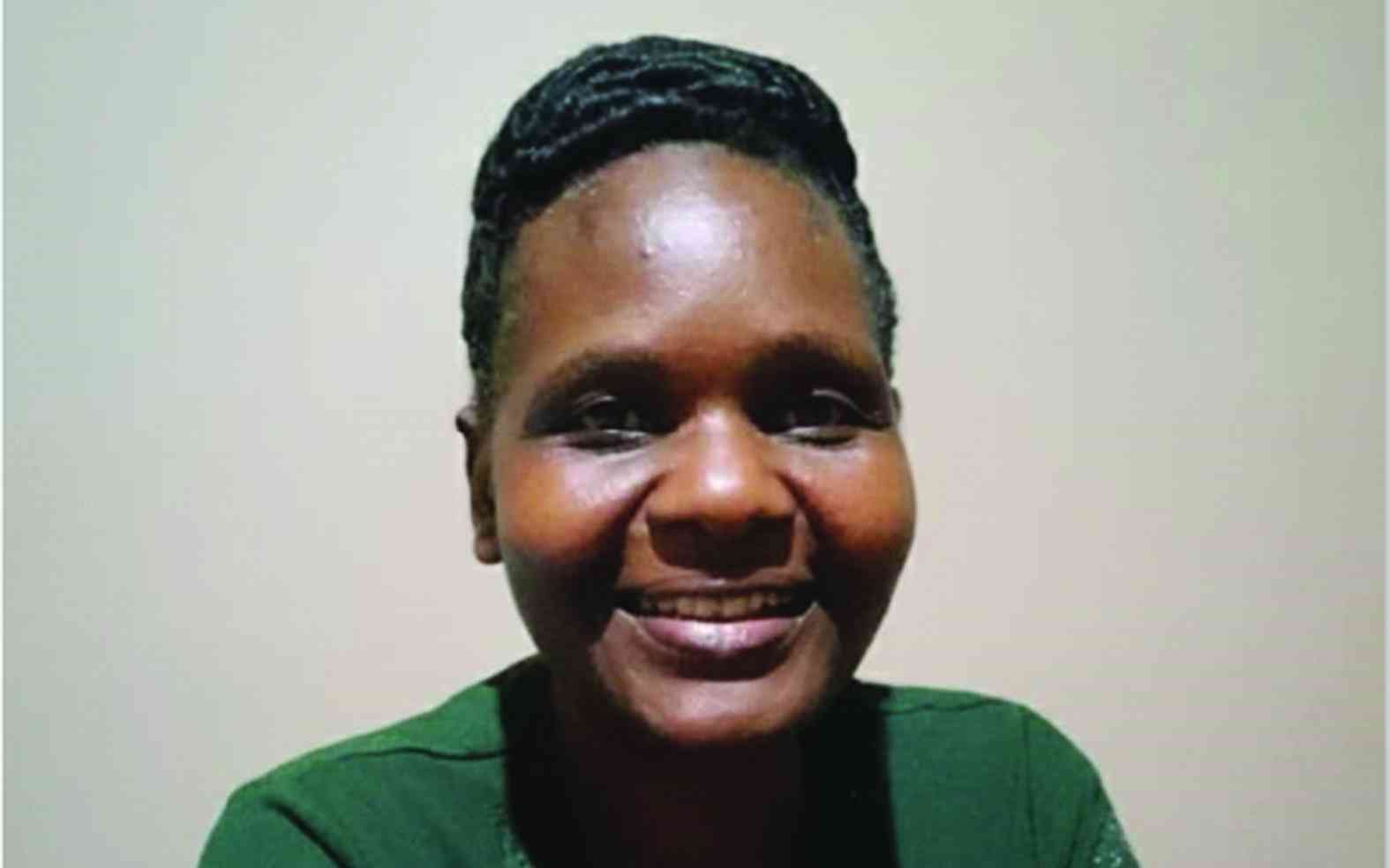
THE arrest and conviction of a Bulawayo woman on charges of disciplining teenagers, including her own child, for hosting a Vuzu party has revived debate on corporal punishment.
Vuzu parties are indoor gatherings organised by learners and other teenagers, where they engage in beer drinking, drugs and sex.
The teenagers self-fund the party, often without the knowledge of their parents.
Investigations have shown that it is often at such parties where young people are introduced to the world of sex and drugs.
There was a public outcry after the woman, Panashe Mpofu, was found guilty and sentenced to two years in jail for disciplining the teenagers she found at a Vuzu party in Luveve suburb.
Mpofu has been in prison at Mlondozi Prison, a section of Khami Maximum Security Prison, since November 14.
She was set free by Bulawayo High Court judge Justice Evangelista Kabasa after a review of the case.
Progressive Teachers Union of Zimbabwe secretary-general Raymond Majongwe said corporal punishment was needed to discipline unruly children.
- Revisiting Majaivana’s last show… ‘We made huge losses’
- Edutainment mix: The nexus of music and cultural identity
- ChiTown acting mayor blocks election
- Promoter Mdu 3D defends foreigners 30 minute set
Keep Reading
“This is the only way our children will be disciplined to teach them Ubuntu,” Majongwe said.
“We must not do things to impress other countries by removing corporal punishment.
“That is the only way we can be able to control our children.”
Bulawayo United Residents Association chairperson Winos Dube echoed similar sentiments.
“Unlike this generation, whenever corporal punishment is applied on them, they view it as an abuse and this must be revisited,” Dube said.
Crowdray Park ward 6 councillor Nkosinathi Hove Mpofu said disciplining children was needed to prevent waywardness.
“Corporal punishment is just a way of indicating love and it must be applied because an individual would be moulding the child to be a better person in future,” Mpofu said.
Methodist church pastor Bhekithemba Phiri said minimum punishment is helpful.
“It should be brought in a minimum way to assist this new generation,” Phiri said.
“A number of people from the older generation are better people today in terms of respect and discipline because they went through corporal punishment.”
Amalgamated Rural Teachers Union of Zimbabwe leader Obert Masaraure, however, said corporal punishment was not an effective deterrent against drug abuse or other problematic behaviours.
“Studies have shown that corporal punishment can increase anxiety and depression in students, which can exacerbate substance abuse issues,” he argued.
In 2023, a High Court judge ruled that corporal punishment was permissible and could not be classified as assault and a criminal offence if the intent to discipline is proven.
Justice Munamato Mutevedzi made the ruling when he cleared Yeukai Graham Mutero of charges of killing her 13-year-old son while trying to discipline him.
Section 68A of the Constitution outlaws corporal punishment in schools, using the constitutional grounds prohibiting any physical or psychological torture or cruel, inhuman or degrading treatment or punishment.









